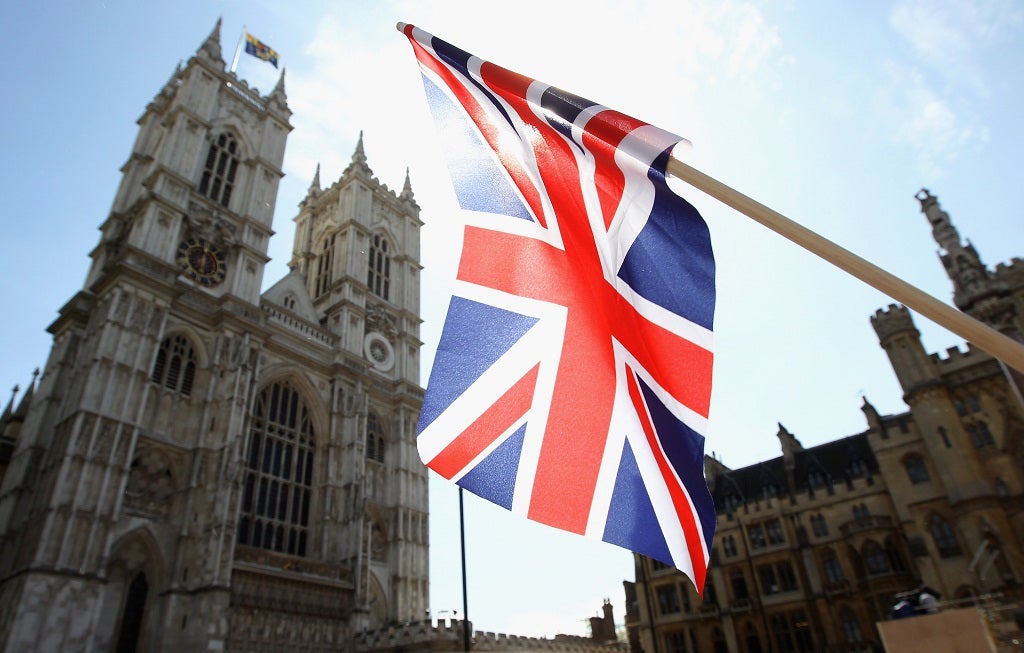We should be proud of Britain's great melting pot
A friend of mine visiting from Miami was stunned by way different cultures mix


"Britain is now most powerful nation on earth". So read a headline in The Independent on Sunday, calculated to provoke something of a double-take at breakfast tables yesterday. Do we have the power to stop the bloodshed in Gaza? Do we have the financial muscle to bail out the eurozone? Are we feared and respected by all other countries?
No, the report focused not on wealth or military might, but on "soft power", a concept invented in 1990 by a Harvard academic, Joseph Nye, who subsequently wrote a book which eloquently laid out the principles of this idea: "A country may obtain the outcomes it wants in world politics because other countries – admiring its values, emulating its example, aspiring to its level of prosperity and openness – want to follow it."
The notion of getting others to co-opt ideas rather than forcing them to is, of course, a very attractive one, and soft power is now talked about by governments of all stamps as a means of achieving an end. So we should take notice of an annual survey, conducted by Monocle magazine, which ranks the countries of the world in terms of their soft power. There is a degree of subjectivity, but 50 areas of influence – largely cultural – are measured, and the result is that Britain has usurped the United States as a world leader.
The Olympics was clearly an important factor, but Britain's success in the entertainment world, from Downton Abbey to Skyfall, from Adele to Damian Lewis, has projected a positive image. More importantly, the openness and inclusivity of our society presents us in a beneficial light. Our nature being what it is – modest to the point of self-deprecation – it is sometimes difficult for us to recognise, and take satisfaction from, the aspects of modern Britain that others envy. At the weekend, a friend visiting from Miami was telling me that he was lost in admiration for the way Britain had changed since he first came 20 years ago. He was referring specifically to London, but more than the vibrancy of the restaurants, the energy of the streetlife and the general air of confidence generated by the Olympics, he was deeply impressed by the ways different cultures and ethnicities mix.
"You really get the sense of a great big melting pot," he said. And he comes from Miami, one of the most ethnically diverse cities in the world. "Yes, but here the pot has melted." (He is right about the culture of separation in Miami. Last time I was there, I was on a bus going through Cuba town, then Haiti town, then Guatemala town when the person next to me said, "You know what I like about Miami? It's so close to the United States.")
It is an interesting idea to play with on a Monday morning: that Britain, in these financially difficult times, has the riches in its culture and in its civic society to exert real influence overseas. Colin Welland may have jumped the gun, but perhaps his words at the Oscar ceremony 30 years ago can now be considered to have a prophetic ring: "The British are coming!"

Join our commenting forum
Join thought-provoking conversations, follow other Independent readers and see their replies